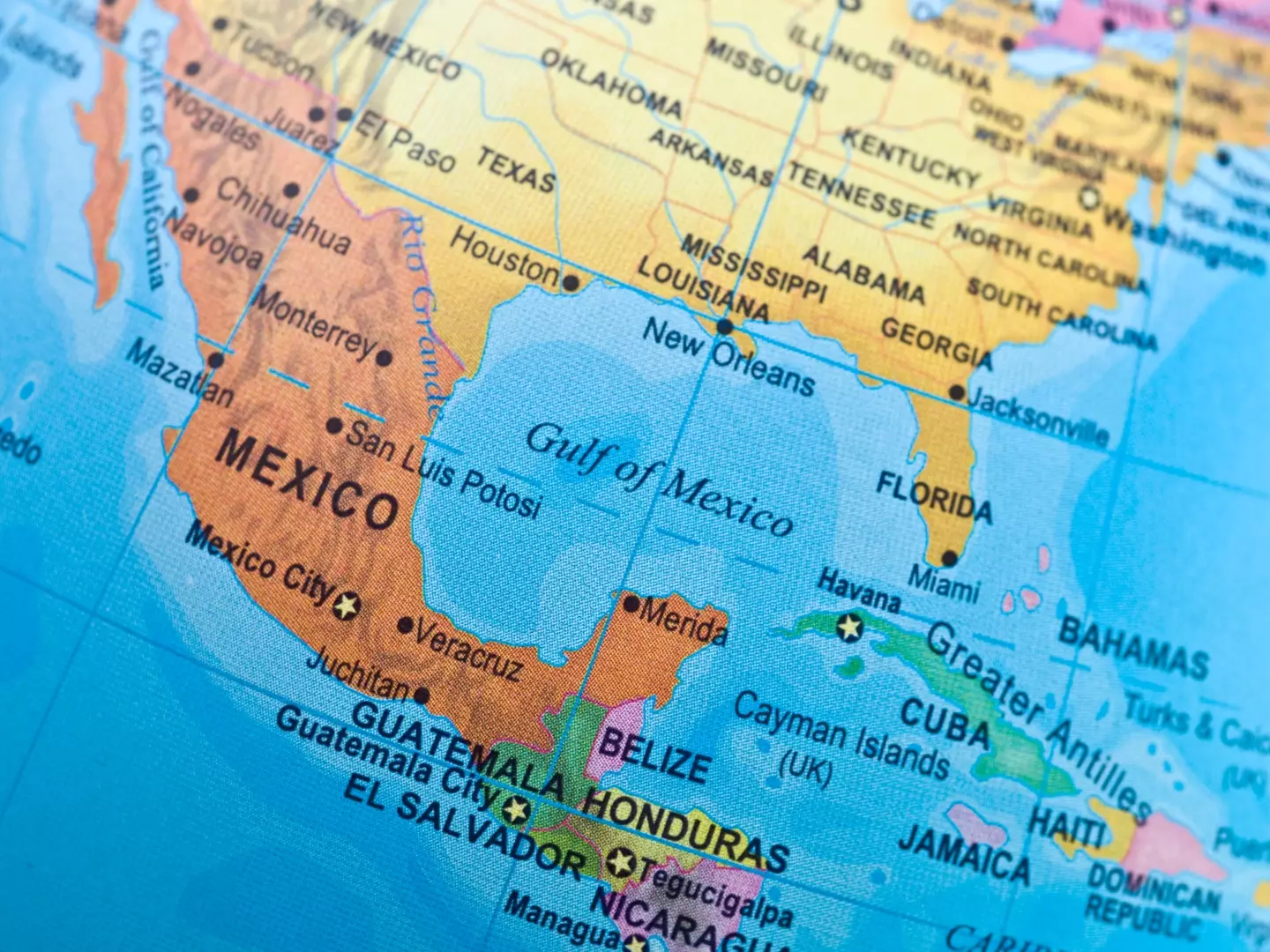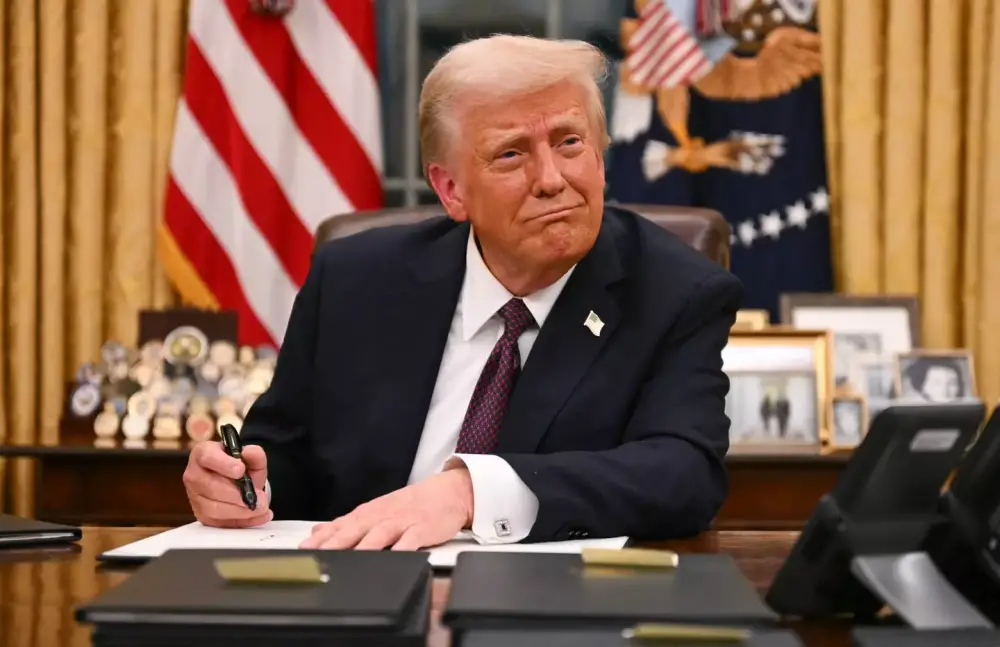In one of his first executive orders as the 47th President of the United States, Donald Trump has officially renamed the Gulf of Mexico as the Gulf of America, setting the stage for what promises to be another tumultuous term in office. This bold move, announced shortly after his inauguration, has sparked controversy both domestically and internationally, with reactions ranging from support among his base to outright rejection by other nations.
A New Name for a Historic Waterway
For over 400 years, the Gulf of Mexico has been recognized as a critical body of water, connecting the United States, Mexico, and Cuba. Stretching across 617,800 square miles, it borders several U.S. states, including Texas, Florida, Alabama, and Mississippi, while Mexico and Cuba form its southern and western boundaries.
President Trump’s executive order declaring the renaming reads:
“The area formerly known as the Gulf of Mexico has long been an integral asset to our once burgeoning Nation and has remained an indelible part of America. This change reflects the importance of the Gulf in American history and its future.”
The name change is already being implemented within U.S. federal agencies. The Secretary of the Interior has been directed to ensure the new name, Gulf of America, is reflected across all official documentation, maps, and systems within 30 days.

The Gulf of Mexico (Getty Stock Images)
Domestic and Political Reactions
Florida’s Republican governor, Ron DeSantis, wasted no time in adopting the new terminology. During a legislative session, he referred to the Gulf as the Gulf of America, incorporating the name into discussions about hurricane preparedness and environmental policies affecting the region.
However, not all Americans are on board. Critics argue that renaming the Gulf is unnecessary and dismissive of the historical and cultural significance of the name “Gulf of Mexico.” Others see it as a symbolic gesture to assert American dominance, particularly in light of Trump’s prior rhetoric about Mexico and immigration.
International Pushback
Internationally, the reaction has been less than favorable. Mexico’s President Claudia Sheinbaum flatly rejected the name change, stating, “For us, it is still the Gulf of Mexico, and for the entire world it is still the Gulf of Mexico.”
The United Kingdom, under Prime Minister Sir Keir Starmer, has also refused to recognize the new name. A government source remarked that “a single country cannot unilaterally rename a body of water that belongs to the international community.”
Even among digital giants like Google and Apple, pressure is mounting from U.S. Republicans to update their mapping platforms to reflect the new name. As of now, the change has not been implemented in these widely used systems.
Historical Precedents
This isn’t the first time Trump has taken steps to rename geographical landmarks. During his previous presidency, he proposed restoring the name Mount McKinley to Alaska’s tallest peak, reversing President Obama’s 2015 decision to rename it Denali in recognition of the indigenous Koyukon people.
Trump’s supporters argue that these name changes are part of his effort to restore “traditional” American values and assert the nation’s identity. However, detractors view such moves as symbolic posturing that does little to address more pressing national and international concerns.
What’s Next?
While the Gulf of America may become the standard term in U.S. government circles, its adoption on the global stage remains uncertain. For many, the Gulf of Mexico will retain its historical name, reflecting the interconnectedness of the region and its shared cultural and geographical heritage.
As debates continue, one thing is clear: President Trump’s decision to rename the Gulf is just the beginning of what promises to be a presidency as polarizing as his first. Whether the name Gulf of America will truly catch on remains to be seen, but it has already left a significant mark on the political and cultural landscape.
The Gulf of Mexico’s renaming is a symbolic move with far-reaching implications, underscoring how political actions can reverberate beyond borders, history, and shared geography. What do you think of the name change?

